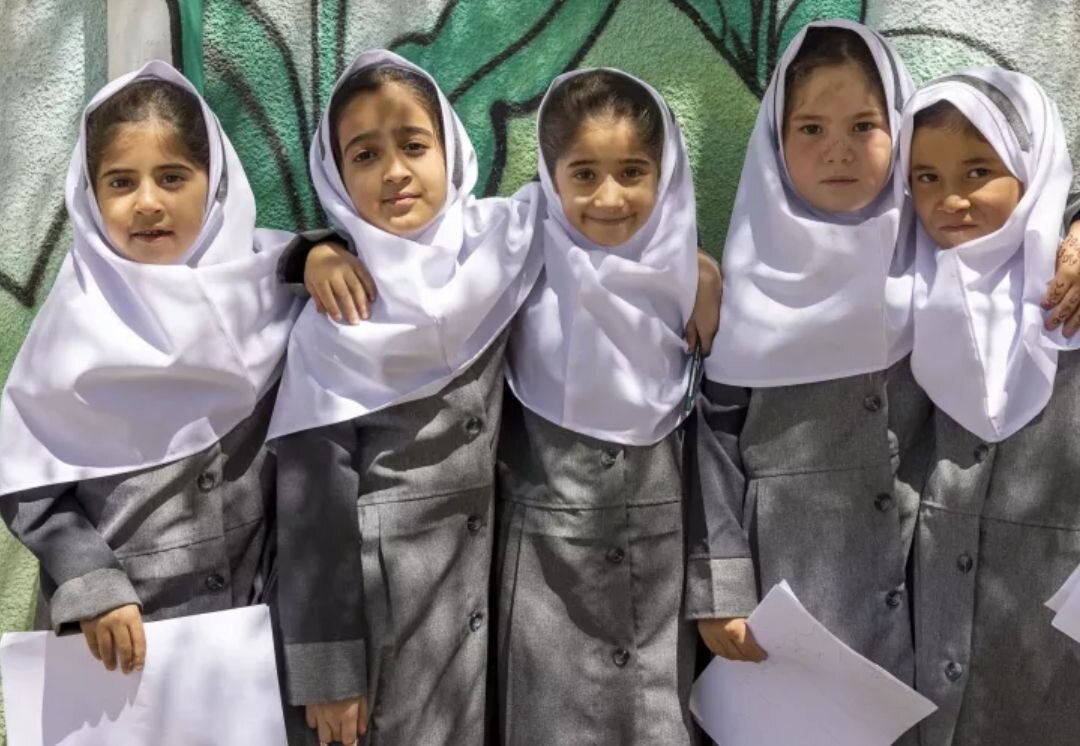Iranian, Afghan students benefit from remedial classes

TEHRAN –A total of 1,000 Iranian and Afghan students in Khorasan Razavi and Fars provinces have participated in intensive remedial courses held through the cooperation of the ministry of education and the United Nations Children’s Fund (UNICEF) to improve basic skills.
Attending the four-week program, boys and girls in primary schools improved their skills in math, reading, and writing, as well as social, and emotional learning, the UNICEF website announced in a press release on September 30.
These intensive courses were mainly held for students with low attainments in the past academic year.
The program, funded by EU Humanitarian Aid (ECHO), aimed to ensure that the children were better prepared to learn in the next school year.
Alongside classes for children, sessions of parent training were also conducted to empower parents to support their children’s education and physical and mental health and respond to their emotional needs.
The program results from needs assessments and discussions in the past years with school principals and teachers who believe remedial and pre-primary classes before the new school year are a highly effective way to ensure children are ready to learn in school.
These classes are organized in smaller sizes (with a maximum of 20 children per class) so that the teachers can spend more time addressing the students' needs.
Services provided to students
In April, the ministry of education and UNICEF held a workshop for principals of Upper Secondary Boarding Schools from 10 provinces to boost their capacities in developing students’ skills which are essential to finding a decent job.
The four-day long workshop was held from April 27 to 30. A total of 90 Upper Secondary Boarding School principals from 10 provinces of Kordestan, Kermanshah, Hamedan, Ilam, Zanjan, Markazi, Qazvin, Ardebil, West and East Azarbaijan attended the workshop.
UNICEF’s collaboration with the ministry of education focuses on adolescents in boarding schools, which are secondary schools in disadvantaged parts of the country.
The training opportunity provides school principals with the necessary knowledge and skills to support the students, at these schools in rural and remote regions, in improving their self-assurance, problem-solving, and teamwork skills.
This series of workshops marks the initial phase that will span across all provinces throughout the year, the UNICEF website announced in a press release on May 9.
In December, UNICEF held remedial classes for more than 1,500 students in six provinces of the country with high numbers of refugees.
The Ministry of Education, the Bureau for Aliens and Foreign Immigrants Affairs of the Ministry of Interior, and Relief International cooperated with UNICEF to implement the remedial classes program in the provinces of Fars, Isfahan, Khorasan Razavi, Semnan, Sistan-Baluchestan, and Yazd.
The program was supported by financial aid from the EU’s Civil Protection and Humanitarian Aid Operations (ECHO), the UNICEF website announced in a press release on December 27.
It helped the students, no matter whether Iranian or Afghan, who had fallen behind the school work for different reasons, such as not benefiting from pre-primary and schools’ readiness programs or COVID-19 pandemics, to cover their education gaps and catch up with their lessons.
Through UNICEF-supported remedial courses conducted from March to May 2023, each student received at least 30 hours of different subjects, including Persian, Mathematics, and Science.
Both Afghan and Iranian students enjoyed high-quality education in case of learning loss.
In addition, at the end of the course, each student received nutrition, hygiene packs, and stationery, to prepare them for the next academic year.
MT/MG
